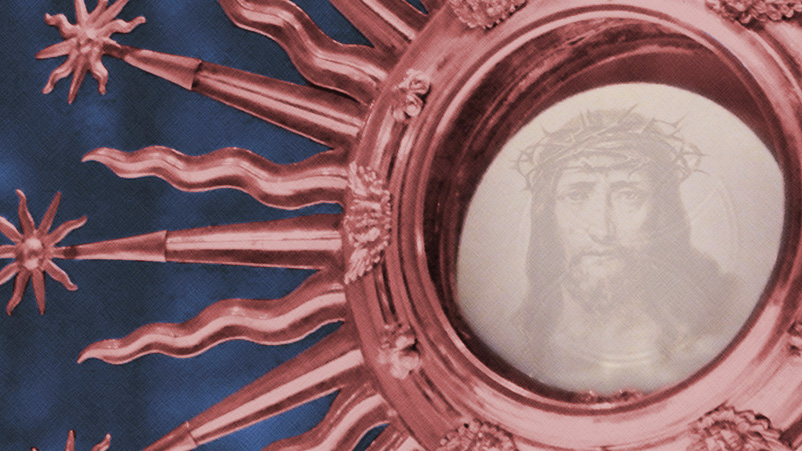By Judie Brown
Thomas Sowell recently tweeted: “Abraham Lincoln once asked an audience how many legs a dog has if you count the tail as a leg. When they answered ‘five,’ Lincoln told them that the answer was four. The fact that you called the tail a leg did not make it a leg.”
I cannot help but draw a comparison between the response Lincoln got from his audience and the equally inane comment Speaker Pelosi made when she claimed that America’s pro-abortion president has a “deep Catholic faith.”
Her comment is the height of ignorance—or perhaps arrogance. Regardless of which state of mind you attribute to Pelosi, the statement itself invites us to wonder what in the world is wrong with a hierarchy that refuses to set the record straight for the millions of Catholics in America who need to hear the truth stated without apology. The fact that the Catholic bishops ignore Pelosi is egregious, and doing so aids and abets the enemy of life—the father of lies.
Yet into this sad reality come heroic bishops who utter profound words brimming with God’s truth. I am thinking of Archbishop Samuel Aquila who said in his testimony against the Colorado House Bill HB22-1279 Reproductive Health Equity Act:
When an abortion is performed, we proclaim that we know better than God. We disregard his wisdom, for he taught us that we should never kill innocent human beings. We proclaim that we do not want or need a gift from God. And in doing so, we seek to make ourselves more powerful than God. We seek to make ourselves God.
As is the case with the Pelosi lie, Colorado HB22-1279 ignores science, common sense, and God in order to support the lethal ideology of the culture of death. One needs not look far beyond her arrogance to see that the results of what St. John Paul II defined as the culture of death are coming to fruition.
In view of this rising tide of disdain for human beings, St. John Paul urged the faithful: “In this great endeavor to create a new culture of life we are inspired and sustained by the confidence that comes from knowing that the Gospel of life, like the Kingdom of God itself, is growing and producing abundant fruit (cf. Mk 4:26-29). There is certainly an enormous disparity between the powerful resources available to the forces promoting the ‘culture of death’ and the means at the disposal of those working for a ‘culture of life and love.’ But we know that we can rely on the help of God, for whom nothing is impossible (cf. Mt 19:26).”
Yet in our day and age, even most Catholics fall for the fraudulent propositions of those opposed to truth. One might think that for them, as for the population at large, morally criminal acts that kill people are in some cases necessary and no longer considered to be against any law—whether man’s or God’s. Oh what a tragic mistake they are making!
Choosing life over death, you see, is not a merely a matter of saving the innocent from imposed death; it is also an act that can determine the destiny of one’s soul. Again, I defer to St. John Paul, who reminded us that each human being is given the free will to choose either life or death:
Redemption nevertheless remains an offer of salvation which it is up to people to accept freely. This is why they will all be judged “by what they [have done]” (Rv 20:13). By using images, the New Testament presents the place destined for evildoers as a fiery furnace, where people will “weep and gnash their teeth” (Mt 13:42; cf. 25:30, 41), or like Gehenna with its “unquenchable fire” (Mk 9:43). All this is narrated in the parable of the rich man, which explains that hell is a place of eternal suffering, with no possibility of return, nor of the alleviation of pain.
Given such high stakes in any decision to condone killing, one is left wondering why so many refuse to accept the truth that dogs have four legs and a pregnant mother is a mother with child.


